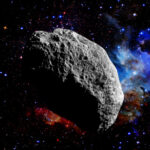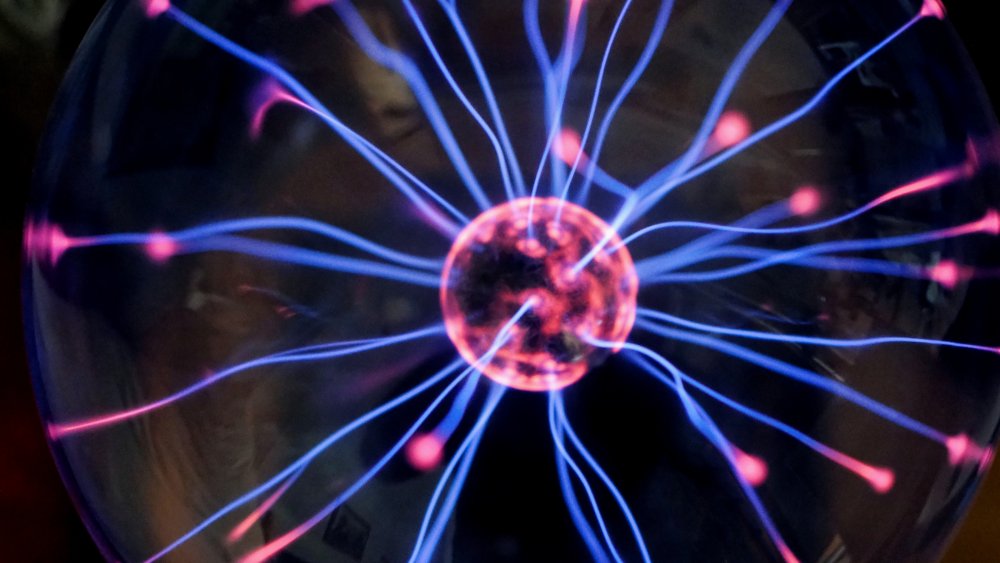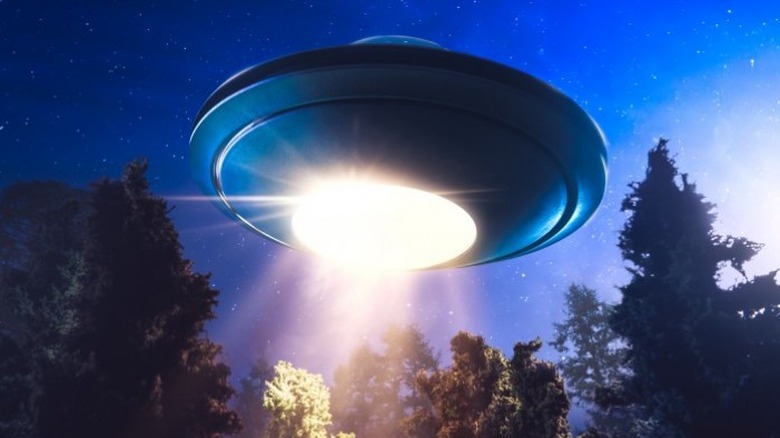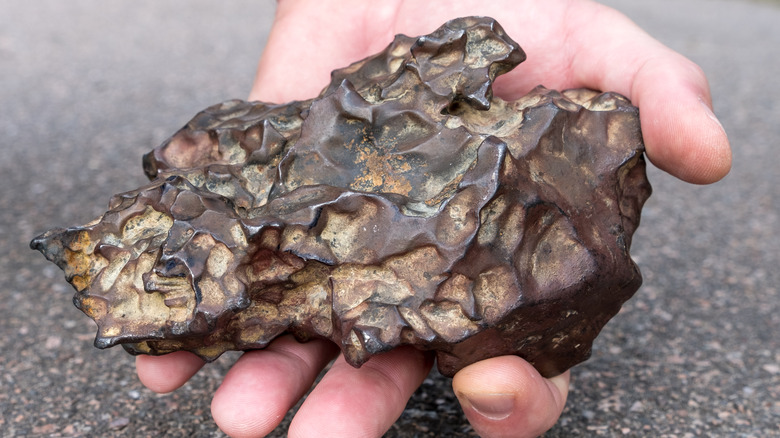
Why We Might Be Mining Asteroids In The Near Future
Earth has been under threat of bombardment by celestial bodies since its formation four billion years ago. At least one of Earth’s mass extinctions, the Cretaceous-Tertiary extinction, was almost certainly triggered by a massive asteroid (via History.com). Meanwhile, the Tunguska event in 1908 illustrated the dangers posed by even relatively small asteroids. Its impact flattened an 800-square mile patch of Russian forest, leaving millions of trees and thousands of animals dead (via BBC).
In 2001, for the first time ever, humanity turned the tables and crashed into an asteroid. NASA’s NEAR Shoemaker orbiter crashed into the asteroid EROS, unexpectedly surviving and transmitting data on the cosmic rock (via NASA). Ever since then, many dedicated landers have been sent to analyze the asteroids in our solar system. Japan has been a leader in this field, successfully returning two samples of asteroid material to Earth (via WIred). While a revolutionary achievement by itself, for some individuals it sets a precedent for an even grander ambition: asteroid mining.
Asteroid mining could lead to self-sufficient spacecraft
The prospect of mining asteroids for their materials is seen by some as having the same potential in the future as the oil industry had in the previous century. According to a 2016 BBC article, this potential is not envisioned as the return of mined materials to Earth. Rather, space mining would instead make use of asteroid metals to construct tools and parts for spacecraft — at least according to private space investment and exploration companies. It has even been suggested that material harvested wouldn’t be limited to metal and would include water as well.
Rocket fuel typically consists of hydrogen and oxygen, an explosive mixture that has proven to be the best option for leaving Earth’s atmosphere. But since so much is expended in leaving, larger spacecraft intending to land on and leave other planets would benefit greatly from the extraction of any water hidden within asteroids. Essentially this all could be a stepping stone to Von Neumann probes — hypothetical self-replicating spacecraft which, in theory, could colonize a whole galaxy in as little as a million years (via Futurism).

The Legend Of Abraham Lincoln's Ghost In The White House Explained

The Strange Tale Of The Mine-Detecting Rat Who Won A Gold Medal

The Weird Request Houdini Made For The Pillow In His Coffin

The Crazy History Of Necromancy Explained

The Bizarre Truth About The All-Beer Lent Diet

New Device Can Generate Electricity Out Of 'Thin Air'

The Bizarre Story Of The 'Pablo Escobar Of Eggs'

James Dean, Dead Since 1955, To Star In New Movie Thanks To CGI

Bizarre Things That Really Happened At Disney World

Most Bizarre Alien Abduction Stories Of All Time























